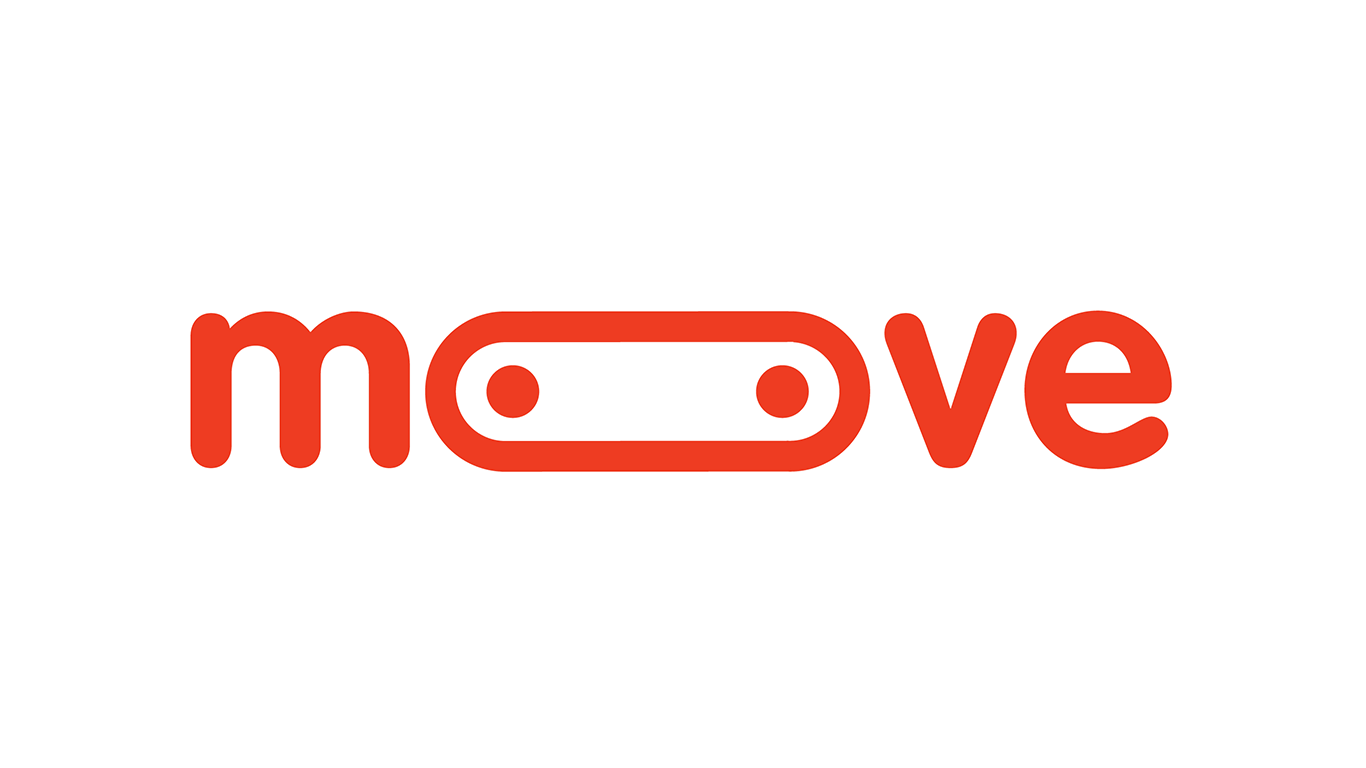Mobility Fintech Moove Raises $30M From Debut Sukuk for UAE Expansion

Moove, the world’s first mobility fintech and Uber’s largest vehicle supply partner in EMEA, raises $30 million from a debut sukuk issue arranged by Franklin Templeton Investments (ME) Ltd. in its mission to build the largest EV ride-hailing fleet in the MENA region.
The successful completion of this debut sukuk will allow Moove to tap into the wealth of Islamic investors who are particularly interested in environmentally and socially responsible investments, and will undoubtedly open up further opportunities for financing Moove’s ambitious expansion plans.
The issuance of Shari’ah-compliant notes or “sukuk” has been privately placed and structured as a sukuk alistisna, a Shari’ah-compliant contract for the order to produce electric cars. Based on the successes, this funding is a milestone for Moove and testifies to the strength of the business model and growth potential.
Ladi Delano, co-founder and co-CEO of Moove, said: “This funding is a milestone for Moove – our first sukuk issuance that demonstrates our growth and sustainability as a global company. Equally important, it furthers our mission to build the largest electric vehicle fleet in the region, to drive mobility electrification and make it possible for cities to reach their net-zero goals.”
Moove will use the funds to scale to 2,000 EVs in the UAE over the coming year, creating sustainable economic opportunities while accelerating the electrification of mobility and improving the travel experience for passengers in the region. Moove estimates that this fleet of electric cars will contribute to a reduction of over 5,000 metric tons of carbon dioxide emissions per year to help cities like Dubai reach their ambitious Net Zero goals.
Mohieddine Kronfol, CIO, Global Sukuk and MENA Fixed Income, Franklin Templeton, said: “Franklin Templeton is pleased to lead this innovative Sukuk transaction which complements our global sukuk and Shariah-compliant private markets strategies, while supporting the development of mobility and fintech ecosystems in the UAE initially, followed by more markets in the future. The transaction also further confirms the opportunity we have claimed exists in private credit throughout the region, and combines attractive returns with security and credit control.
“We wish Moov’s management team much success and look forward to seeing their cars on the road, as well as the social and environmental impact their business can have on our region.”
Investment in EV infrastructure to drive sustainability
As part of the launch in the United Arab Emirates, Moove will roll out its EV charging app, Moove Charge™. Having launched in London in August, Moove Charge is the first end-to-end charging experience and complete EV charging network app specifically for motorists.
It allows users to find charging points, view charging points compatible with their vehicle, view real-time charging point availability, filter by charging speed, start and stop charging and wallet functionality. With a commitment to ensure that at least 60% of the vehicles Moove finances globally are electric, the company is working with value chain partners across the MENA region to facilitate this transition in places where charging infrastructure remains limited.
A year of significant growth in driving forward mobility electrification
Moove’s entry into the UAE follows a year of significant growth and expansion for the firm. Moove launched in Europe for the first time in August when it launched a 100% EV rent-to-buy model in London. The company also launched in India and will launch 5,000 CNG and electric vehicles across Mumbai, Hyderabad and Bangalore in the first year to help create sustainable employment opportunities in the developing economy.
Over the past two years, Moove has enabled sustainable job creation and a path to assets with its customers who have completed over 11 million trips in Moove-financed vehicles. This is due to Moov’s alternative credit scoring technology that unlocks access to vehicle finance for gig worker customers who may have previously been excluded from financial services.


